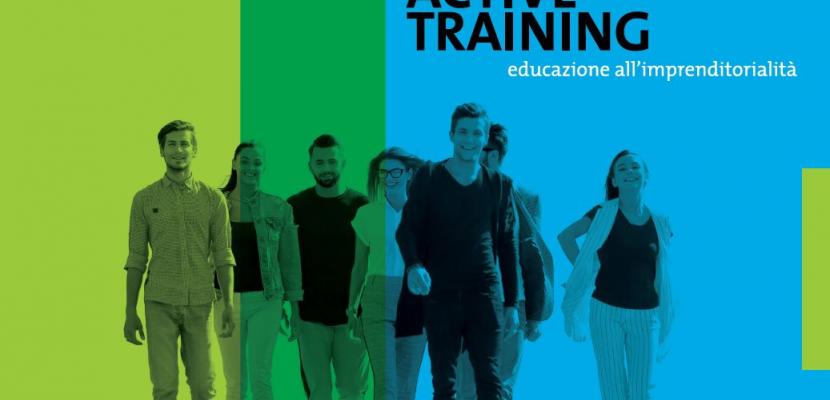Image

Proactive training
Published on 13 May 2020

Italy
This is the good practice's implementation level. It can be national, regional or local.
About this good practice
The project has two initiatives: Simula-Impresa (business simulation), for lower secondary school students and teachers and Impresa in Classe (business in the classroom) for upper secondary school students.
The activities start at the beginning of school year and end in springtime, with a total of 70 hours of both curricular and extracurricular phases.
In Simula-Impresa the classes are divided into small groups, which form the Sim-Imprese (Sim businesses). Students of the Sim-Imprese must go through different steps: they divide the tasks, create a valid business idea, discovering their own interests and talents, and simulate all the typical stages from creation to marketing. In simulating a small company, students have to do research, contact entrepreneurs, create budgets, and plan distribution and marketing tools.
Impresa in Classe, on the other hand, focuses on direct collaboration between secondary school students and businesses. This involves managing a real venture by creating a product or service together with a business.
Students start with marketing research, deliver a "prototype", and end with an advertising campaign to promote it.
The activities start at the beginning of school year and end in springtime, with a total of 70 hours of both curricular and extracurricular phases.
In Simula-Impresa the classes are divided into small groups, which form the Sim-Imprese (Sim businesses). Students of the Sim-Imprese must go through different steps: they divide the tasks, create a valid business idea, discovering their own interests and talents, and simulate all the typical stages from creation to marketing. In simulating a small company, students have to do research, contact entrepreneurs, create budgets, and plan distribution and marketing tools.
Impresa in Classe, on the other hand, focuses on direct collaboration between secondary school students and businesses. This involves managing a real venture by creating a product or service together with a business.
Students start with marketing research, deliver a "prototype", and end with an advertising campaign to promote it.
Resources needed
The Regional Authority supports the programme with an annual funding of € 100.000. One leading school manages the funds and selects other 12 regional schools. Each school operates with autonomy and according to an approved preliminary budget.
Evidence of success
Each of the 12 institutions joining the programme has been presenting to the local industrial association an average of 10 entrepreneurial ideas per year, after a total of 70 hours of both curricular and extracurricular phases for their students. The total number of students involved per year is about 300. As a first significant impact resulting from the ongoing analysis, the programme is proving to be successfull in limitating the school dropout and in improving the orientation services.
Potential for learning or transfer
The project is carried out in accordance with the recent Guidelines on Pathways for Key Skills and Career Guidance (known as PCTO) adopted by the Italian Ministry for Education, University and Research in 2019. In its first edition, it as a pilot initiative within the Italian education system that is implemented in Puglia Region. Due to the collaboration with the industrial association, it is possible to reach higher interest of regional enterprises.
Building a regional network of shareholders interested in the outcomes of the collaboration is a strategy that can be achieved by any region.
In those countries where students lack the opportunity to develop soft skills and competences required from the labour market during their education, it is a model of intervention that can be implemented with limited efforts in term of financial investment and management.
Building a regional network of shareholders interested in the outcomes of the collaboration is a strategy that can be achieved by any region.
In those countries where students lack the opportunity to develop soft skills and competences required from the labour market during their education, it is a model of intervention that can be implemented with limited efforts in term of financial investment and management.
Further information
Website
Good practice owner
You can contact the good practice owner below for more detailed information.
Organisation
StartNet Italia

Italy
Lazio
Contact
Responsabile di Sub-Azione